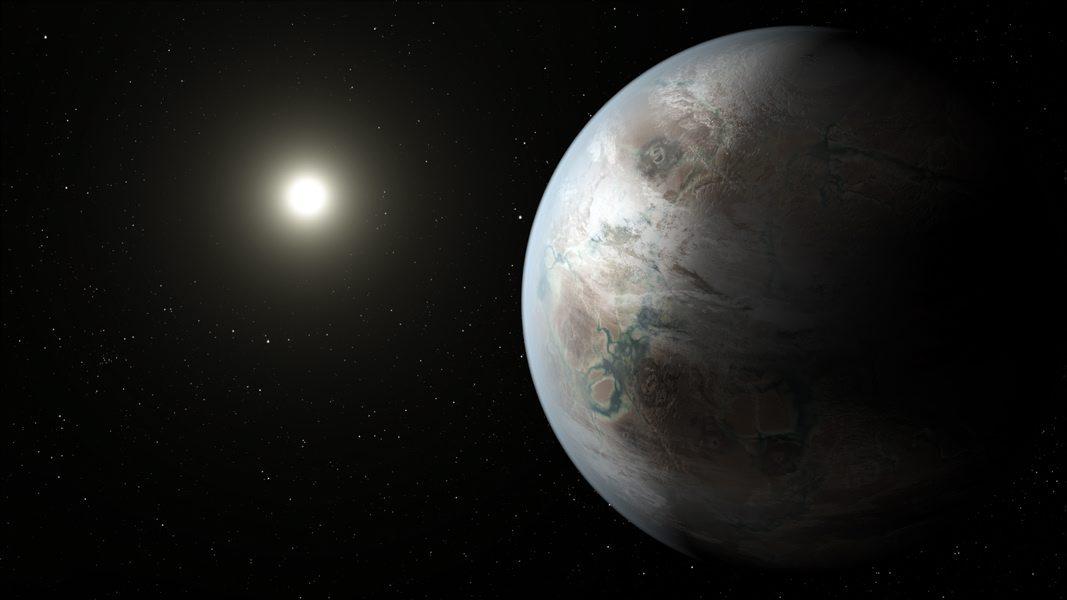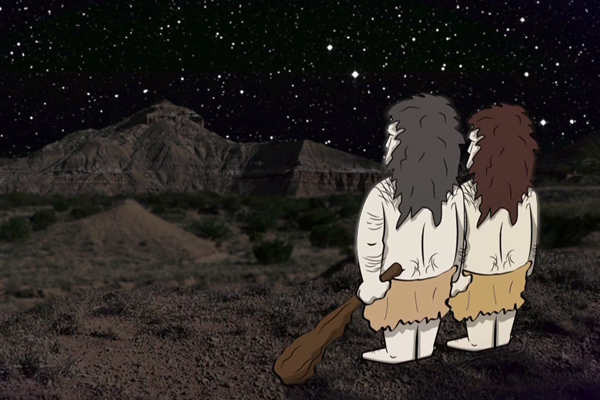
Raclette or Eiger? Voting starts to name a planet

Will a planet called Raclette soon be orbiting a star called Fondue? The Swiss public have submitted almost 1,500 names for an exoplanet and its star. Twelve are now being put to a public vote.
Two Swiss astronomers, Michel Mayor and Didier Queloz, have just won the Nobel Prize for Physics for discovering in 1995 the first exoplanet, a planet orbiting a star other than the sun. Many more exoplanets followed, and one of them, “HD130322 b”, and its star in the Virgo constellation will soon have a new, catchier name chosen by the public.
“The surprisingly large number of proposals pushed the committee to its limits,” said Christian Wernli of the Swiss Astronomical SocietyExternal link.
The jury, which includes Michel Mayor, selected the 12 best proposalsExternal link, on which the public can voteExternal link until November 10. The winner will probably be announced towards the end of the year, the society said on its website.
Candidates
Among the proposals are pairs of names such as “Raclette” for the planet and “Fondue” for the star, “Chasperli” and “Globi” after children’s characters, or – to match the constellation of Virgo – “Eiger” and “Mönch” (the third of neighbouring mountain peaks in the Bernese Alps, the Jungfrau, means virgin in German and is the name for the zodiacal sign Virgo).
From Switzerland, the star can be seen very well with small telescopes, although it’s a good 100 light-years away, the Swiss Astronomical Society said on Tuesday. However, the exoplanet is not visible even through the largest telescopes.
HD130322 b was discovered in 1999 by a team at the University of Geneva led by Michel Mayor.

More
Billions of worlds to discover

In compliance with the JTI standards
More: SWI swissinfo.ch certified by the Journalism Trust Initiative


























You can find an overview of ongoing debates with our journalists here . Please join us!
If you want to start a conversation about a topic raised in this article or want to report factual errors, email us at english@swissinfo.ch.